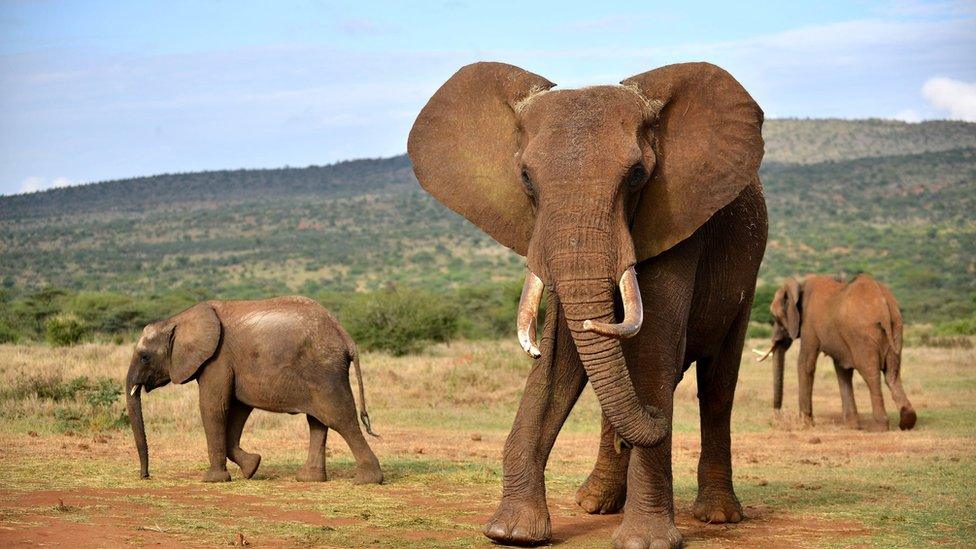Family of soldier killed by elephant in Malawi query his care
- Published
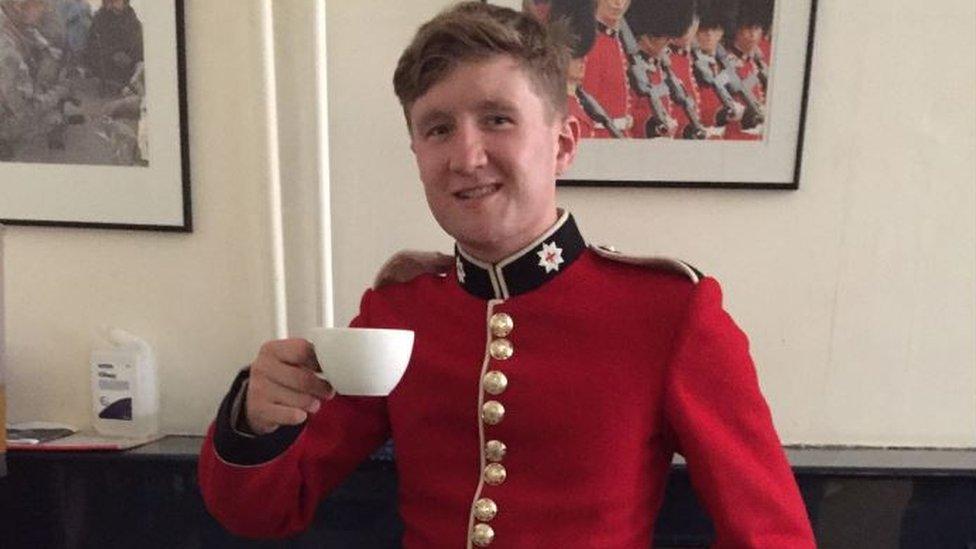
Mathew Talbot was conducting patrols to counter the illegal wildlife trade in Africa, an MoD report said
The family of a British soldier killed by an elephant in Malawi have queried why it took more than three hours for him to be seen by a paramedic.
Mathew Talbot, 22, from Great Barr, West Midlands, was on counter-poaching patrol in Liwonde National Park in 2019 when he was charged by the animal.
His family also questioned why he was not airlifted to hospital sooner.
The Ministry of Defence (MoD) said it had accepted all recommendations in a report over his death, external.
Steven and Michelle Talbot said it took "nearly 10 months" before they had answers to questions, such as "why was Matt not airlifted out as soon as they knew how seriously he was injured?"
'Honourable task'
Of the day their son, who served with the 1st Battalion Coldstream Guards and based at RAF Brize Norton, Oxfordshire, was injured, they asked: "Why were service personnel not allowed to use their weapons to fire warning shots?
"Why did they not send the company paramedic to Matt as he had life saving drugs and equipment?"
They added it was "some three-plus hours before the paramedic saw Matt", but acknowledged that "combat medics who were with [him] did the best they could do with limited resources".
They also said he "was so happy to have been chosen to go to Malawi and take part in such an honourable task helping to protect our wildlife".
The MoD said a panel made 30 recommendations "to enhance safety and prevent reoccurrence of this tragic incident".

Mathew Talbot was "a caring big brother" and "making plans with his girlfriend Olivia for their future", his family said
Brig Ben Cattermole, Commander 11 Brigade, said the MoD accepted the report's recommendations "including robust training to better assess the risk of animal attack and fully rehearsing medical procedures".
He stated the MoD would review the coroner's findings when available and the Army's sympathies remained with Gdsm Talbot's family and friends.
The report said there was a contract for a set number of flying hours for a helicopter and the vehicles were "a scarce resource in this part of Africa" meaning "this asset covered several parks".
It stated that soldier who was positioned in a tree "was unable to adopt a stable firing position and his direct line of sight was partially obscured by foliage".
It also noted: "Gdsm Talbot received the best level of medical care he could have possibly been given under very challenging circumstances."

Follow BBC West Midlands on Facebook, external, Twitter, external and Instagram, external. Send your story ideas to: newsonline.westmidlands@bbc.co.uk, external
- Published14 May 2019
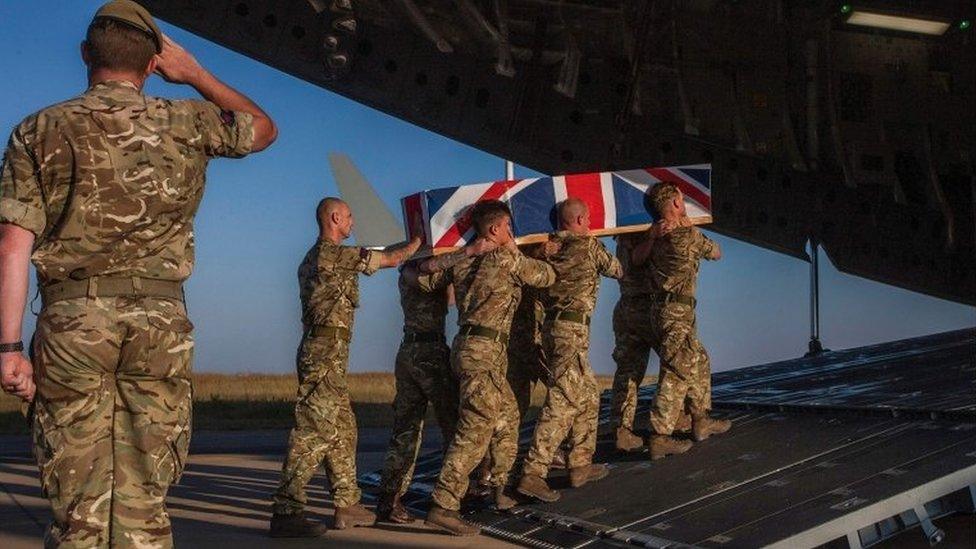
- Published7 May 2019
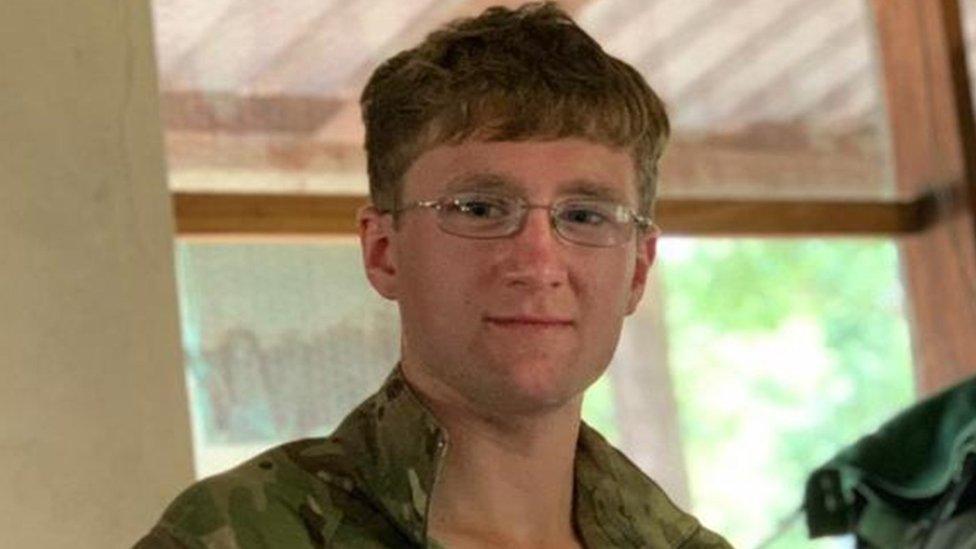
- Published15 August 2018
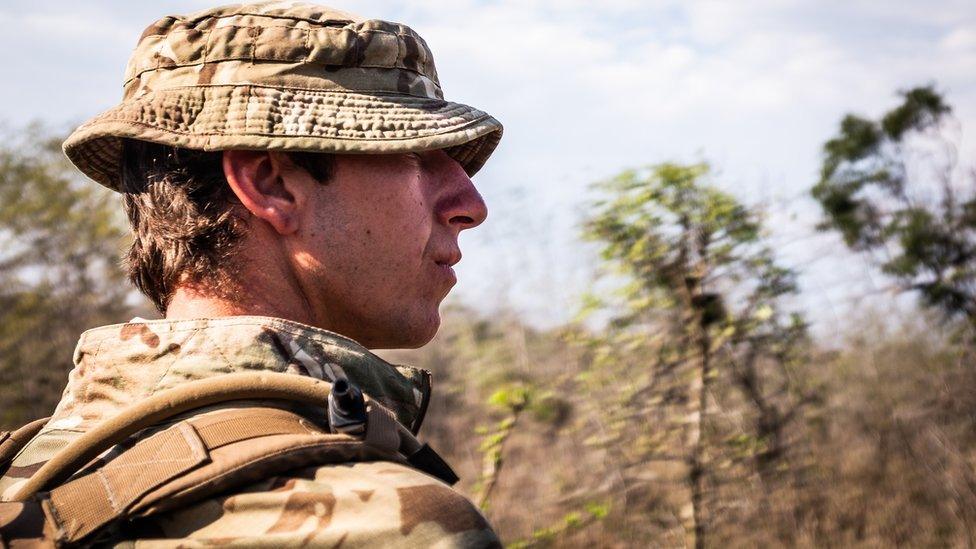
- Published16 February 2018
